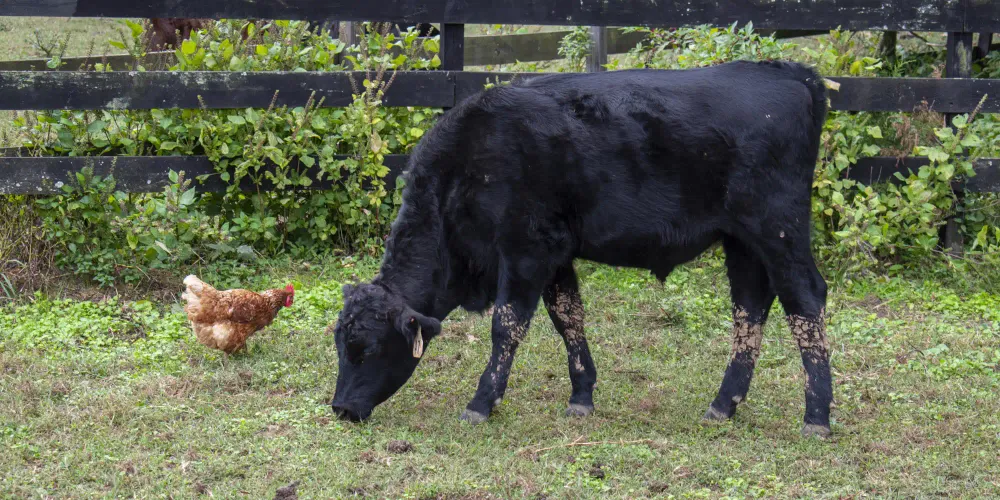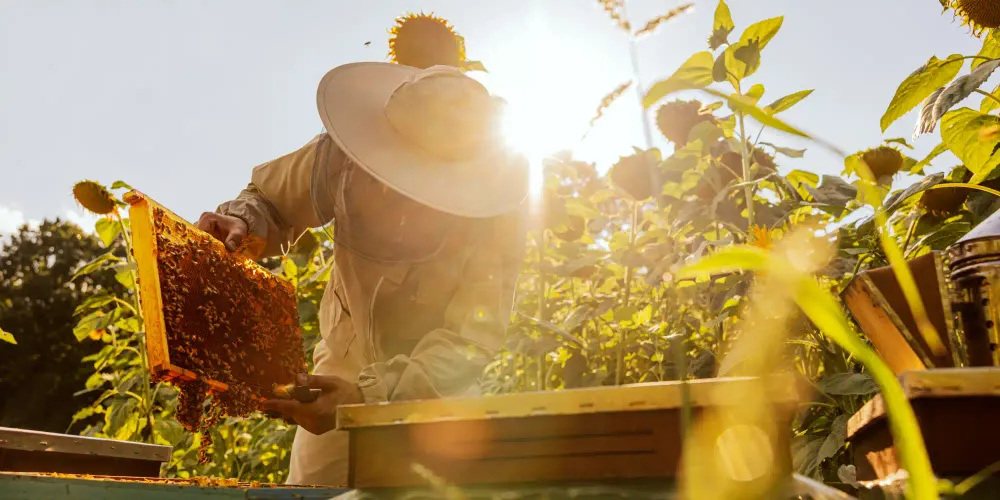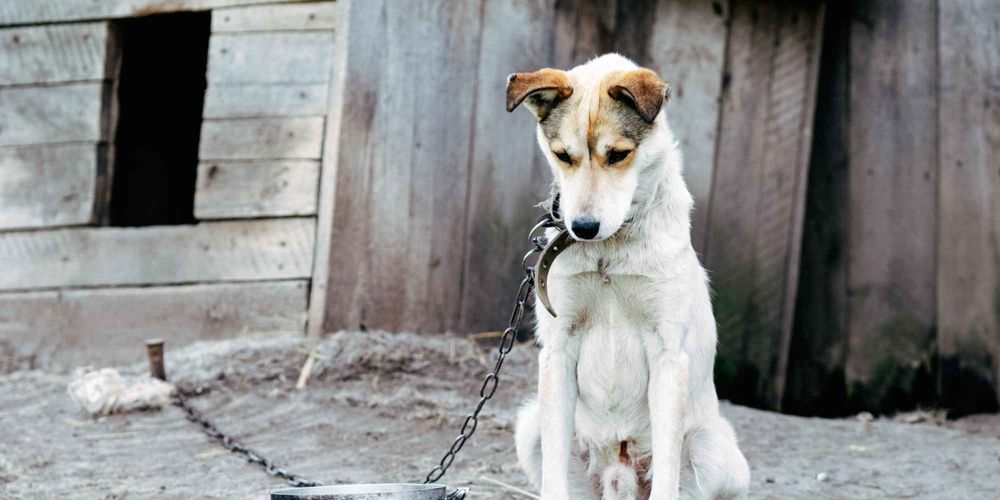Issue 95 • Week of November 12, 2023 / Updated June 18, 2024
Turkey is practically synonymous with Thanksgiving. 88% of Americans will partake of the holiday tradition, which is almost unanimous among omnivores considering that roughly 10% of US adults are now vegetarian or vegan.
Yet the lives of most of the 46 million turkeys that will end up on the dinner table are far from celebratory. Barely 2% of them meet organic specifications. Still, that is nearly double the percentage of other livestock, which at least is growing. However, the vast majority of farm animals are treated horribly in the US.
Factory farms, known officially as Confined Animal Feeding Operations (CAFO), cram animals into such small spaces that they often cannot turn around or breathe fresh air. They may never even see the sun. Allowing these unethical practices and artificially subsidizing the cost of animal protein through our food policy resulted in all-time low consumer prices (until illegal collusion raised our grocery bills). CAFOs have also driven unimaginable food waste and an exponential rise in medical problems stemming from obesity. These methods are an unhealthy recipe for livestock, for farms' surrounding communities, and for consumers.
Case in point: avian flu spread rapidly through these indoor facilities and ravaged the turkey market last year when entire flocks of tens of thousands of birds were destroyed. Sadly, it will likely only encourage farmers to pre-medicate more of their animals even further to drive further antibiotic resistance and agricultural runoff that contaminates our water and pollutes our air.
Taxpayers bear the financial burden of our unsustainable, industrial approach to handling livestock. Tax breaks and health problems cost us about $8 billion per year, fixing manure leaks at facilities adds up to $4 billion total, and rural Americans near factory farms and industrial food processing plants are stuck with up to a $26 billion reduction in property values.
Future generations are also getting stuck with a bill; animal agriculture is a leading contributor to greenhouse gas emissions.
Most food is more nutritious when raised well. Each product may not seem to individually account for a large difference, but add them all up and it is no wonder that Americans have to turn more to vitamins than other cultures to make up the difference. Unfortunately, major producers represented by lobbyist groups continue to dispute these findings as they have a vested interest in maintaining their market share. The revolving door of the US Department of Agriculture (USDA) mirrors challenges that the Food and Drug Administration (FDA) has in regulating labels on packaged food.
How can we ensure farm animals are healthier to benefit us as well?
This content is only available to members
Sign up for free to read the potential solutions for this topic and find out what you can do today for a better tomorrow or pre-order our second book that will compile 100 issues on making a difference.
Unlock contentAlready have an account? Sign In



